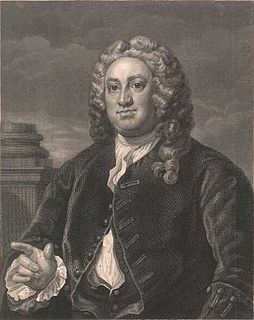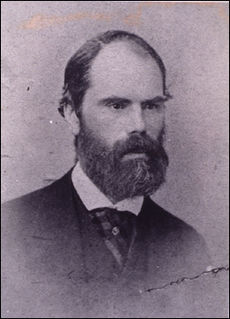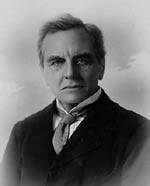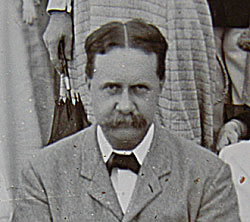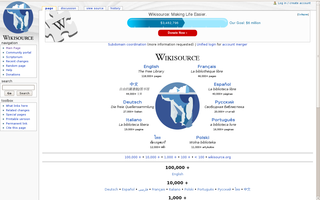
Sir Edward William Brabrook (1839–1930) C.B. F.S.A. was an English civil servant and author, and an anthropologist with a special interest in folklore. [1] [2] He was a member of the Folklore Society and a fellow of Society of Antiquaries of London. Awarded the silver Guy Medal in 1909.

The Most Honourable Order of the Bath is a British order of chivalry founded by George I on 18 May 1725. The name derives from the elaborate medieval ceremony for appointing a knight, which involved bathing as one of its elements. The knights so created were known as "Knights of the Bath". George I "erected the Knights of the Bath into a regular Military Order". He did not revive the Order of the Bath, since it had never previously existed as an Order, in the sense of a body of knights who were governed by a set of statutes and whose numbers were replenished when vacancies occurred.

Folklore is the expressive body of culture shared by a particular group of people; it encompasses the traditions common to that culture, subculture or group. These include oral traditions such as tales, proverbs and jokes. They include material culture, ranging from traditional building styles to handmade toys common to the group. Folklore also includes customary lore, the forms and rituals of celebrations such as Christmas and weddings, folk dances and initiation rites. Each one of these, either singly or in combination, is considered a folklore artifact. Just as essential as the form, folklore also encompasses the transmission of these artifacts from one region to another or from one generation to the next. Folklore is not something one can typically gain in a formal school curriculum or study in the fine arts. Instead, these traditions are passed along informally from one individual to another either through verbal instruction or demonstration. The academic study of folklore is called Folklore studies, and it can be explored at undergraduate, graduate and Ph.D. levels.

The Society of Antiquaries of London (SAL) is a learned society "charged by its Royal Charter of 1751 with 'the encouragement, advancement and furtherance of the study and knowledge of the antiquities and history of this and other countries'." It is based at Burlington House, Piccadilly, London, and is a registered charity.
Born in 1839 in London, Brabrook was a lawyer by training and became the senior registrar of friendly societies. He wrote extensively on the law relating to working-class self-help institutions, promoting legal guides for industrial and provident (co-operative) societies, trade unions, and savings banks. He was appointed CB in the 1897 Diamond Jubilee Honours.
The Diamond Jubilee Honours for the British Empire were announced on 22 June 1897 to celebrate the Diamond Jubilee of Queen Victoria on 20 June 1897.
His works included a proposal for an "Ethnographic Survey of the United Kingdom" put to the British Association for the Advancement of Science, coordinating activities of the Folklore Society, Anthropological Institute and Society of Antiquaries. [3] He was president of the Anthropological Institute in 1895–1897; [4] and president of the London and Middlesex Archaeological Society from 1910 to 1930.

The London and Middlesex Archaeological Society (LAMAS) is a society founded in 1855 for the study of the archaeology and local history of the City of London and the historic county of Middlesex. It also takes an interest in districts that were historically in Surrey, Kent, Essex and Hertfordshire, but that now lie within Greater London. The Society receives support from the Museum of London, and works in close association both with the Museum and with Museum of London Archaeology. It acts to some extent as an umbrella organisation to support smaller archaeological and local history societies in the Greater London area. It hosts an Annual Conference of London Archaeologists and an annual Local History Conference.
He died in 1930 in Wallington, Surrey and was buried at West Norwood Cemetery.

Wallington is a town in the London Borough of Sutton, England, 10.3 miles (16.6 km) south south-west of Charing Cross. Before the Municipal Borough of Beddington and Wallington merged into the London Borough of Sutton, it was part of the county of Surrey. Wallington is a post town in the SM postcode area.

West Norwood Cemetery is a 40-acre (16 ha) cemetery in West Norwood in London, England. It was also known as the South Metropolitan Cemetery. One of the first private landscaped cemeteries in London, it is one of the "Magnificent Seven" cemeteries of London, and is a site of major historical, architectural and ecological interest.

